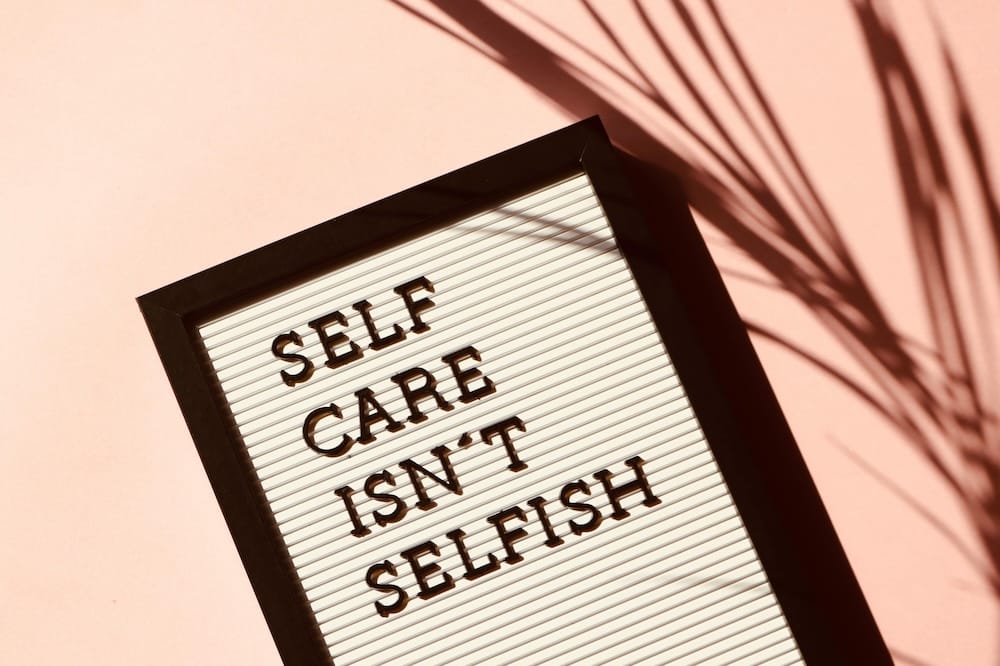Do you feel compelled to help others, even if it means sacrificing your own wellbeing? Discover the signs of super-helper syndrome, and how you can start putting yourself first…
Who doesn’t like to feel helpful? Stepping up to support others isn’t just a nice thing to do, it makes us feel good, fosters a sense of belonging, reduces feelings of isolation, and can even help improve our mental health. According to the British Heart Foundation’s From Goodwill to Great Impact report, 94% of volunteers found that volunteering helped them to feel less isolated or lonely, with 92% agreeing it helped their mental health.
But can our need to help others ever get out of hand?
What is super-helper syndrome?
First coined by psychologists Jess Baker and Rod Vincent, super-helper syndrome refers to the compulsive need to help others, even if doing so means you might not meet your own needs. Rather than being a medical condition, it’s used to describe a combination of emotions or behaviours that can be unhelpful for the individual experiencing them. For some people, the more that they focus on helping or caring for others, the easier it can become to fall behind on little everyday things in life, as well as bigger important tasks.
In real-world terms, this could play out as finding yourself so preoccupied with helping others that you don’t prioritise looking after yourself, and may not schedule things like dentist check-ups, or may stop eating healthy, balanced meals in favour of quicker options that take less time and energy. You might constantly say yes to going above and beyond to do someone else a favour, even if you have too much on your plate. Over time, doing too much for others can lead you to feeling burnt out.
While anyone can experience super-helper syndrome, people who have jobs that involve helping others, such as nurses, or working in schools or care homes, may be more susceptible than others. Those who tend to lean towards acting as mediators, problem-solvers, or the ones to help fix things for others can be more likely to take this to extremes and help others to their own detriment.
But let’s be clear here, helping others isn’t a bad thing – it’s obviously commendable and shows a generous, often selfless spirit. But they don’t say to put on your own life jacket first for no reason… If you find yourself feeling like you have to help, rather than you want to help, it could be a sign that a pattern of behaviour may need to change.
People can have different motivating factors that may push them towards compulsively helping others. For example, you might feel that in order to show others that you are a good person, you have to help out as much as possible. While this isn’t necessarily a bad thing, if your sense of self-worth and how you see yourself, becomes tied to the opinions of others, and constantly proving yourself, over time, this can become a problem.
For others, boundaries can be an issue; you might feel that you have to help everyone, or that others couldn’t do something without you. Another common driving factor can be that you feel you shouldn’t have any needs yourself, and should instead be focusing on those around you. That ever prioritising your wants and needs would be considered selfish, when in reality, it’s just refilling your own cup.
Am I a compulsive helper?
Spotting the signs between being helpful and doing too much for others can be tough – especially if we’ve grown used to putting others before ourselves, or know that they are relying on us. However, there are a number of signs you can keep an eye out for. Of course, experiencing some of these isn’t necessarily a sign that you have a problem, but it could be a valid prompt to consider whether you’re putting too much pressure on yourself, and if you need to make yourself and your needs more of a priority.
-
You’re the first person everyone (friends, family, or colleagues) turns to for help.
-
You find yourself helping in many different aspects of your life (e.g. work, family, friends, volunteering).
-
You struggle to say no when someone asks for help, or feel guilty if you do have to say no.
-
You put others’ needs before your own (and may even forget to prioritise your own, or deny that you need anything at all).
-
You spend a lot of your time supporting others, and may feel guilty taking time out for yourself or to do something you want.
-
You rarely say what you need.
-
It feels like others may take you, your kindness, or what you do for them for granted.
-
You feel like you should be doing more, should be able to cope better, or are otherwise self-critical.
-
You find that some or many of your relationships may be unbalanced; you may help others a lot, but they may rarely, if ever, do the same for you.
While some or several of these signs may not be a problem, there are warning signs that your need to help others may be affecting you more than you realise. Ask yourself:
Do I feel exhausted? If you feel tired all the time, irritable, run-down, or like you’re running on empty, it could mean that you aren’t prioritising your own needs enough.
Do I feel resentful? You may find yourself feeling you aren’t getting the thanks or recognition all of your work deserves, as if you are being taken for granted.
Do I feel taken advantage of? It can be worth asking yourself if you’re the right person to be helping, or if others are relying on you too heavily, and potentially unreasonably.
Am I being too self-critical? Sometimes, it’s easier to fixate on our faults, and what we could do better, than it is to be kind to ourselves. Cut yourself some slack.
Looking after your own health – physically and mentally – isn’t only an important part of being able to help others, it’s also a vital part of reminding yourself that you have needs, too, and they deserve to be met.
How can I find a better balance to help others without neglecting myself?
The nature of being a super-helper is that you’re giving, and selfless, so to build in the habit of self-care may take active practice. You could allocate time in your diary just for you, and see it as an immovable booking. Or you might want to have regular notifications on your phone to remind you to do something that replenishes your own energy reserves.

You may find that saying ‘yes’ is your default, so take baby steps to ensure any help you commit to is within reason and your capacity. You could start with phrases like “Let me get back to you on that,” or “I just need to check my diary, so I don’t want to commit just yet.” Allowing yourself a moment to reflect and think before agreeing to something can help you decide if you really want, or are able, to support this. It’s also worth remembering that if you do need to say no, you don’t have to give an explanation. A simple ‘I’m afraid I can’t help with that’ or ‘I don’t have capacity at the moment’ reinforces your boundaries clearly, without having to wade into murky waters of guilt or excuses.
And, if those emotions around guilt arise, either at the thought of declining to help on occasion, or when it comes to taking care of yourself, journaling and affirmations can be really useful tools. Putting those thoughts and feelings down on to paper can help make sense of them, and enable you to see the bigger picture of why you’re prioritising yourself. Having some affirmations that resonate with you can be effective in the moment, to help embolden you when in doubt, reminding you that acknowledging what you need and want isn’t weak or selfish; you are just as important and deserving as anyone else.


Comments